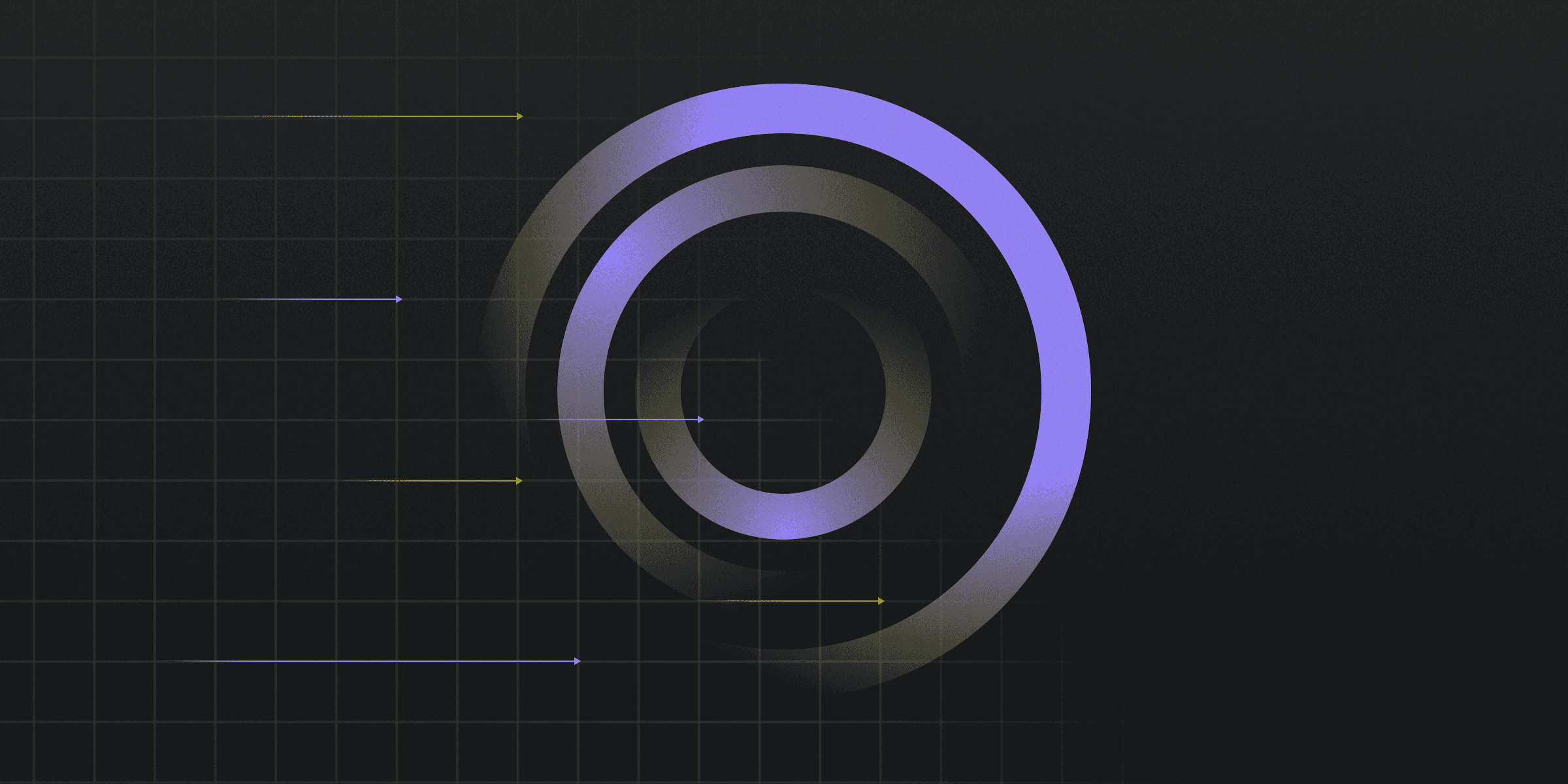CVE-2022-40152 Report - Details, Severity, & Advisories
Twingate Team
•
Jun 6, 2024

What is CVE-2022-40152?
CVE-2022-40152 is a high-severity vulnerability affecting systems that use the Woodstox XML parser with DTD support enabled. This vulnerability can lead to Denial of Service (DoS) attacks, causing the parser to crash due to a stack overflow. It specifically impacts versions up to 1.4.19 for the Xstream Project and certain versions of the FasterXML Woodstox.
Who is impacted by this?
The affected versions include the Xstream Project Xstream up to and including 1.4.19, and the FasterXML Woodstox up to (excluding) 5.4.0 and from (including) 6.0.0 up to (excluding) 6.4.0. Users should be aware of this vulnerability and take necessary precautions to protect their systems.
What should I do if I’m affected?
If you're affected by the CVE-2022-40152 vulnerability, it's important to take action to protect your systems. Follow these simple steps:
Identify if you're using the affected versions of Xstream Project Xstream or FasterXML Woodstox.
Update to a non-vulnerable version of the software.
Consider disabling DTD support in the XML parser if it's not required for your use case.
Is this in CISA’s Known Exploited Vulnerabilities Catalog?
CVE-2022-40152 is not listed in CISA's Known Exploited Vulnerabilities Catalog. The vulnerability, which affects Woodstox XML parser users with DTD support enabled, can lead to Denial of Service (DoS) attacks. It was published on September 16, 2022, but no specific due date or required action is mentioned.
Weakness Enumeration
The weakness enumeration for this vulnerability is categorized as CWE-787 Out-of-bounds Write and CWE-121 Stack-based Buffer Overflow.
Learn More
For a comprehensive understanding of this vulnerability, including its description, severity, technical details, and known affected software configurations, refer to the NVD page or the link below:
Rapidly implement a modern Zero Trust network that is more secure and maintainable than VPNs.
CVE-2022-40152 Report - Details, Severity, & Advisories
Twingate Team
•
Jun 6, 2024

What is CVE-2022-40152?
CVE-2022-40152 is a high-severity vulnerability affecting systems that use the Woodstox XML parser with DTD support enabled. This vulnerability can lead to Denial of Service (DoS) attacks, causing the parser to crash due to a stack overflow. It specifically impacts versions up to 1.4.19 for the Xstream Project and certain versions of the FasterXML Woodstox.
Who is impacted by this?
The affected versions include the Xstream Project Xstream up to and including 1.4.19, and the FasterXML Woodstox up to (excluding) 5.4.0 and from (including) 6.0.0 up to (excluding) 6.4.0. Users should be aware of this vulnerability and take necessary precautions to protect their systems.
What should I do if I’m affected?
If you're affected by the CVE-2022-40152 vulnerability, it's important to take action to protect your systems. Follow these simple steps:
Identify if you're using the affected versions of Xstream Project Xstream or FasterXML Woodstox.
Update to a non-vulnerable version of the software.
Consider disabling DTD support in the XML parser if it's not required for your use case.
Is this in CISA’s Known Exploited Vulnerabilities Catalog?
CVE-2022-40152 is not listed in CISA's Known Exploited Vulnerabilities Catalog. The vulnerability, which affects Woodstox XML parser users with DTD support enabled, can lead to Denial of Service (DoS) attacks. It was published on September 16, 2022, but no specific due date or required action is mentioned.
Weakness Enumeration
The weakness enumeration for this vulnerability is categorized as CWE-787 Out-of-bounds Write and CWE-121 Stack-based Buffer Overflow.
Learn More
For a comprehensive understanding of this vulnerability, including its description, severity, technical details, and known affected software configurations, refer to the NVD page or the link below:
Rapidly implement a modern Zero Trust network that is more secure and maintainable than VPNs.
CVE-2022-40152 Report - Details, Severity, & Advisories
Twingate Team
•
Jun 6, 2024

What is CVE-2022-40152?
CVE-2022-40152 is a high-severity vulnerability affecting systems that use the Woodstox XML parser with DTD support enabled. This vulnerability can lead to Denial of Service (DoS) attacks, causing the parser to crash due to a stack overflow. It specifically impacts versions up to 1.4.19 for the Xstream Project and certain versions of the FasterXML Woodstox.
Who is impacted by this?
The affected versions include the Xstream Project Xstream up to and including 1.4.19, and the FasterXML Woodstox up to (excluding) 5.4.0 and from (including) 6.0.0 up to (excluding) 6.4.0. Users should be aware of this vulnerability and take necessary precautions to protect their systems.
What should I do if I’m affected?
If you're affected by the CVE-2022-40152 vulnerability, it's important to take action to protect your systems. Follow these simple steps:
Identify if you're using the affected versions of Xstream Project Xstream or FasterXML Woodstox.
Update to a non-vulnerable version of the software.
Consider disabling DTD support in the XML parser if it's not required for your use case.
Is this in CISA’s Known Exploited Vulnerabilities Catalog?
CVE-2022-40152 is not listed in CISA's Known Exploited Vulnerabilities Catalog. The vulnerability, which affects Woodstox XML parser users with DTD support enabled, can lead to Denial of Service (DoS) attacks. It was published on September 16, 2022, but no specific due date or required action is mentioned.
Weakness Enumeration
The weakness enumeration for this vulnerability is categorized as CWE-787 Out-of-bounds Write and CWE-121 Stack-based Buffer Overflow.
Learn More
For a comprehensive understanding of this vulnerability, including its description, severity, technical details, and known affected software configurations, refer to the NVD page or the link below:
Solutions
Solutions
The VPN replacement your workforce will love.
Solutions